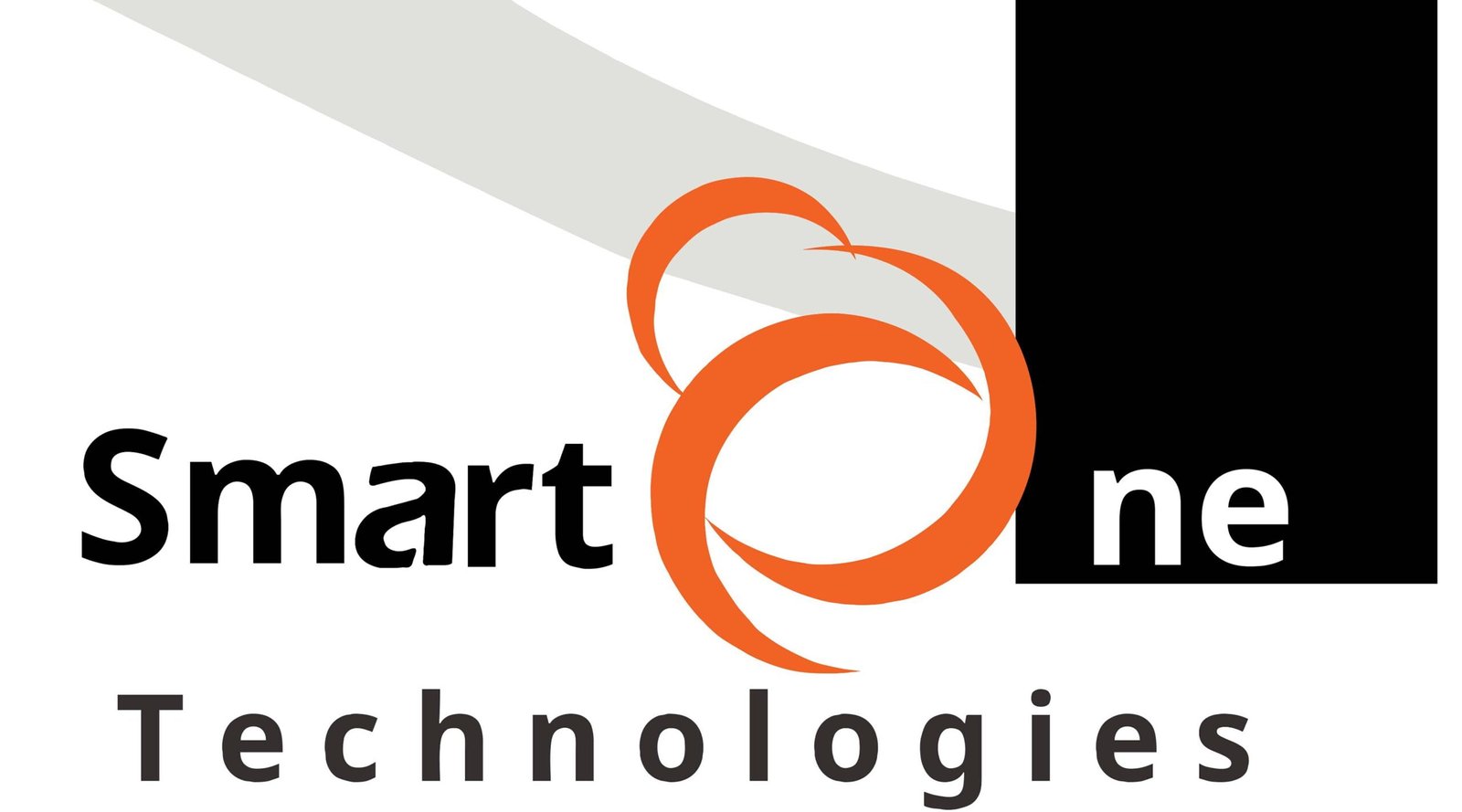Digital signage has transcended traditional advertising, transforming the way businesses communicate with their audience. In the realm of modern communication, it has become a dynamic and versatile tool that captivates attention and delivers information in ways previously unimaginable.
The Evolution of Digital Signage
The Early Days
In the early stages, digital signage was limited to basic text and static images. The primary purpose was to broadcast information, but the innovation potential was evident.
Technological Advancements
With advancements in technology, digital signage has evolved into a sophisticated medium, incorporating high-definition displays, touch screens, and even augmented reality.
Understanding Digital Signage
Components and Hardware
Digital signage systems comprise various components, including displays, media players, and content management systems. Understanding these elements is crucial for creating an effective signage strategy.
Software Solutions
Choosing the right software is paramount. From cloud-based platforms to on-premise solutions, the software dictates the functionality and flexibility of your digital signage.
Benefits of Digital Signage
Enhanced Engagement
Digital signage captivates audiences by presenting content in a visually appealing and dynamic manner, significantly boosting engagement compared to traditional methods.
Dynamic Content Delivery
The ability to update content in real-time allows businesses to stay relevant and adapt swiftly to changing circumstances, providing an edge in today’s fast-paced world.
Real-time Updates
From promotions to emergency notifications, digital signage ensures that information is disseminated promptly, keeping the audience informed and engaged.
Industries Embracing Digital Signage
Retail
Retailers leverage digital signage for product promotions, brand building, and enhancing the overall shopping experience.
Healthcare
In healthcare, digital signage aids in patient communication, wayfinding, and disseminating important health-related information.
Education
Educational institutions use digital signage for announcements, event promotions, and campus information dissemination.
Hospitality
Hotels and restaurants employ digital signage for guest communication, menu displays, and event promotion.
Crafting Compelling Content
Tailoring Messages
Content must be tailored to the audience, considering demographics, location, and the purpose of the signage.
Visual Appeal
Eye-catching visuals, vibrant colors, and well-designed layouts are essential for capturing attention in the digital signage landscape.
Interactive Elements
Incorporating interactive elements, such as touch screens or QR codes, enhances user engagement and provides a personalized experience.
Overcoming Challenges
Cost Considerations
While the initial setup can be costly, the long-term benefits and ROI often outweigh the expenses associated with digital signage implementation.
Technical Issues
Addressing technical challenges promptly ensures uninterrupted functionality and a positive user experience.
The Future of Digital Signage
AI Integration
Artificial intelligence will play a pivotal role in personalizing content delivery, making digital signage more adaptive and responsive.
Personalization Trends
Tailoring content based on user preferences and behaviors will be a key focus, creating a more personalized and engaging experience.
Implementing Digital Signage Effectively
Planning and Strategy
A well-thought-out strategy, including content planning and audience analysis, is crucial for successful digital signage implementation.
Integration with Branding
Harmonizing digital signage with brand elements ensures a cohesive and impactful communication strategy.
Case Studies
Success Stories
Explore real-world examples where digital signage has significantly impacted businesses, enhancing brand visibility and customer engagement.
Lessons Learned
Examining challenges faced and lessons learned from successful digital signage implementations provides valuable insights for newcomers.
The Environmental Impact
Sustainability in Digital Signage
As technology advances, there is a growing emphasis on environmentally friendly practices in digital signage solutions.
Green Technology Solutions
Discover eco-friendly alternatives and practices that contribute to sustainability in the digital signage industry.
Legal Considerations
Privacy Concerns
Navigate through the legal landscape by addressing privacy concerns associated with collecting and displaying user data through digital signage.
Compliance and Regulations
Stay informed about industry regulations and compliance standards to ensure the lawful operation of digital signage systems.
DIY vs. Professional Services
Pros and Cons
Evaluate the advantages and disadvantages of adopting a do-it-yourself approach versus seeking professional services for digital signage implementation.
Making the Right Choice
Consider factors such as budget, technical expertise, and long-term goals when deciding between DIY and professional services.
Tips for Effective Maintenance
Regular Updates
Regularly updating content and software ensures that your digital signage remains fresh, relevant, and free of technical glitches.
Troubleshooting Techniques
Equip yourself with effective troubleshooting techniques to address issues promptly and maintain a seamless digital signage experience.
Conclusion
In the dynamic landscape of modern communication, digital signage stands as a beacon of innovation, transforming the way businesses engage with their audience. By embracing this visual revolution, organizations can stay ahead, captivate their audience, and adapt to the ever-changing demands of the digital era.
FAQs
-
How can digital signage benefit small businesses?
- Digital signage enhances visibility, engages customers, and provides cost-effective advertising for small businesses.
-
Are there any privacy concerns with interactive digital signage?
- Privacy concerns exist, and it’s crucial to implement measures to protect user data and adhere to privacy regulations.
-
What role does AI play in the future of digital signage?
- AI will play a pivotal role in personalizing content delivery, making digital signage more adaptive and responsive.
-
Is DIY digital signage implementation suitable for all businesses?
- DIY can be cost-effective, but businesses must consider factors like technical expertise and long-term goals before choosing this approach.
-
How can digital signage contribute to sustainability?
- By adopting eco-friendly practices and green technology solutions, digital signage can minimize its environmental impact.



3 Comments on “Digital Signage Unveiled: A Visual Revolution”
Indoor SMD Screens: Centre Chung Revolutionises Police Training - Smart One Technologies says:
[…] the idea behind SMD screens is not new, using indoor SMD displays in a police training scenario adds complexity to the educational process. With benefits that […]
Revolutionizing Communication: The Digital Signage Revolution - Smart One Technologies says:
[…] Digital signage has emerged as a transformative force in communication, redefining how information is conveyed in various sectors. This dynamic approach replaces traditional static signage with interactive, technology-driven displays that engage audiences and convey messages more effectively. […]
Unlocking Digital Signage Potential: a Comprehensive Guide - Smart One Technologies says:
[…] Digital signage has many benefits to businesses. […]